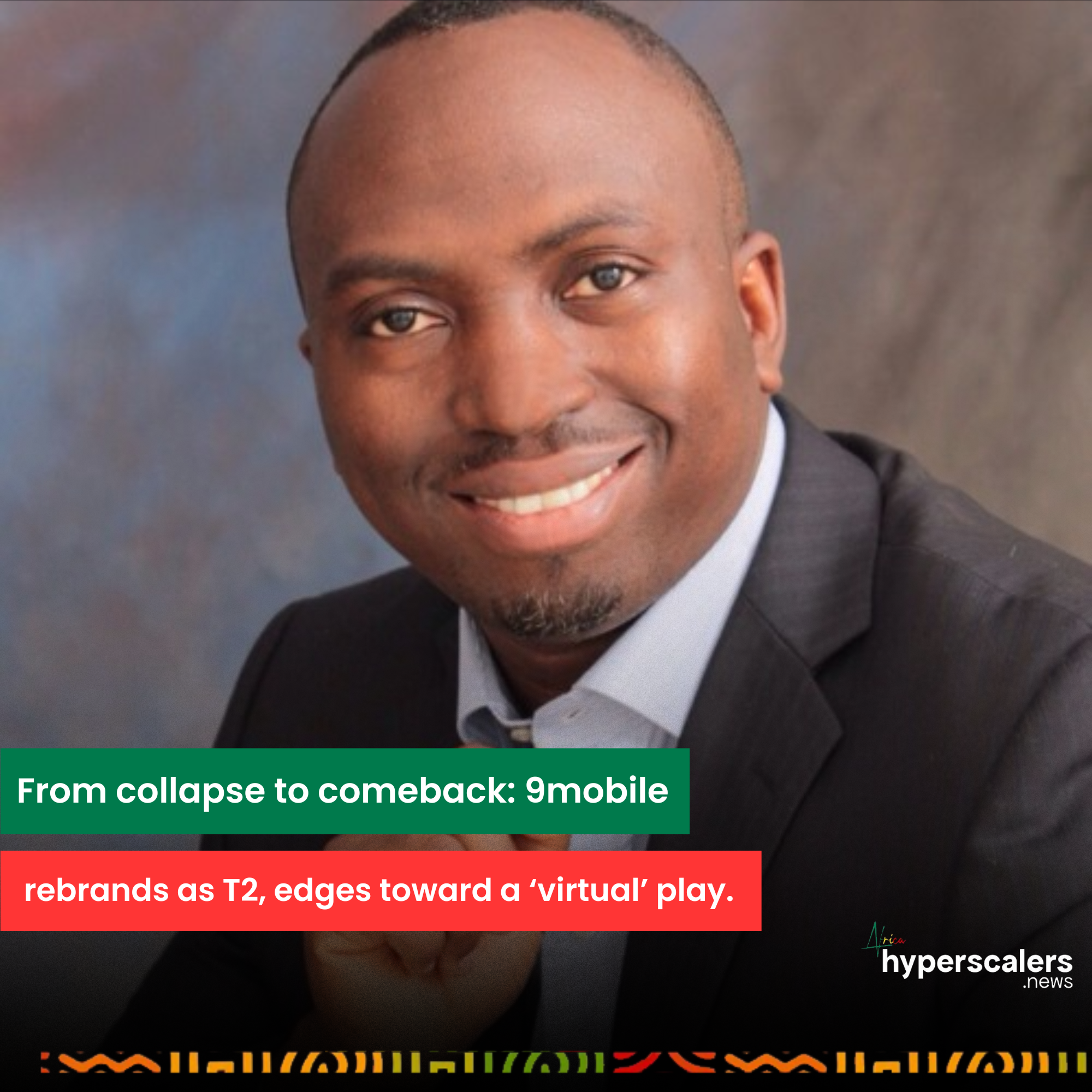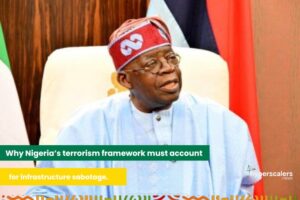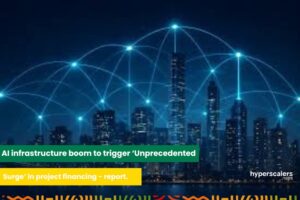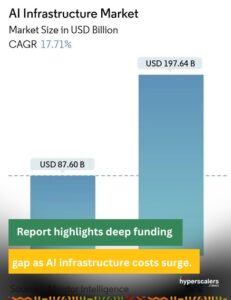Nigeria’s fourth-largest carrier has dropped the 9mobile name for T2, unveiling a vivid orange identity at a Lagos event themed “Tech Meets Tenacity” as it bids to stop years of customer losses and reset strategy. Its 1-year-old Chief Executive Officer, Obafemi Banigbe, framed the shift as a break from retreat to leadership. “We are not playing catch-up, but to lead in the industry,” he said, with Communications Minister Bosun Tijani in attendance.
The turnaround hinges on a three-year national roaming pact that lets T2 subscribers use MTN Nigeria’s network where T2’s coverage is thin – a capex-light route the company says will lift service quality while it rebuilds. The agreement was approved by the Nigerian Communications Commission and formally disclosed by MTN.
The need is urgent. T2’s base shrank from a peak above 22 million as Etisalat Nigeria to about 3.2 million active users by January 2025, according to NCC data cited by multiple outlets.
Industry voices say the MTN deal pushes T2 toward a de facto MVNO-style model – operating largely on a host’s radio network while focusing on branding, pricing, and customer management. Some stakeholders claim T2 has “no network at the moment” under the roaming arrangement and that MTN may access T2’s 900 MHz, 1800 MHz, and 2100 MHz bands. T2 counters that it still runs its infrastructure where it has coverage and uses MTN only where it does not. That tension mirrors global precedents like South Africa’s Cell C, which migrated to a virtual RAN on MTN while insisting it remained an operator, not an MVNO.
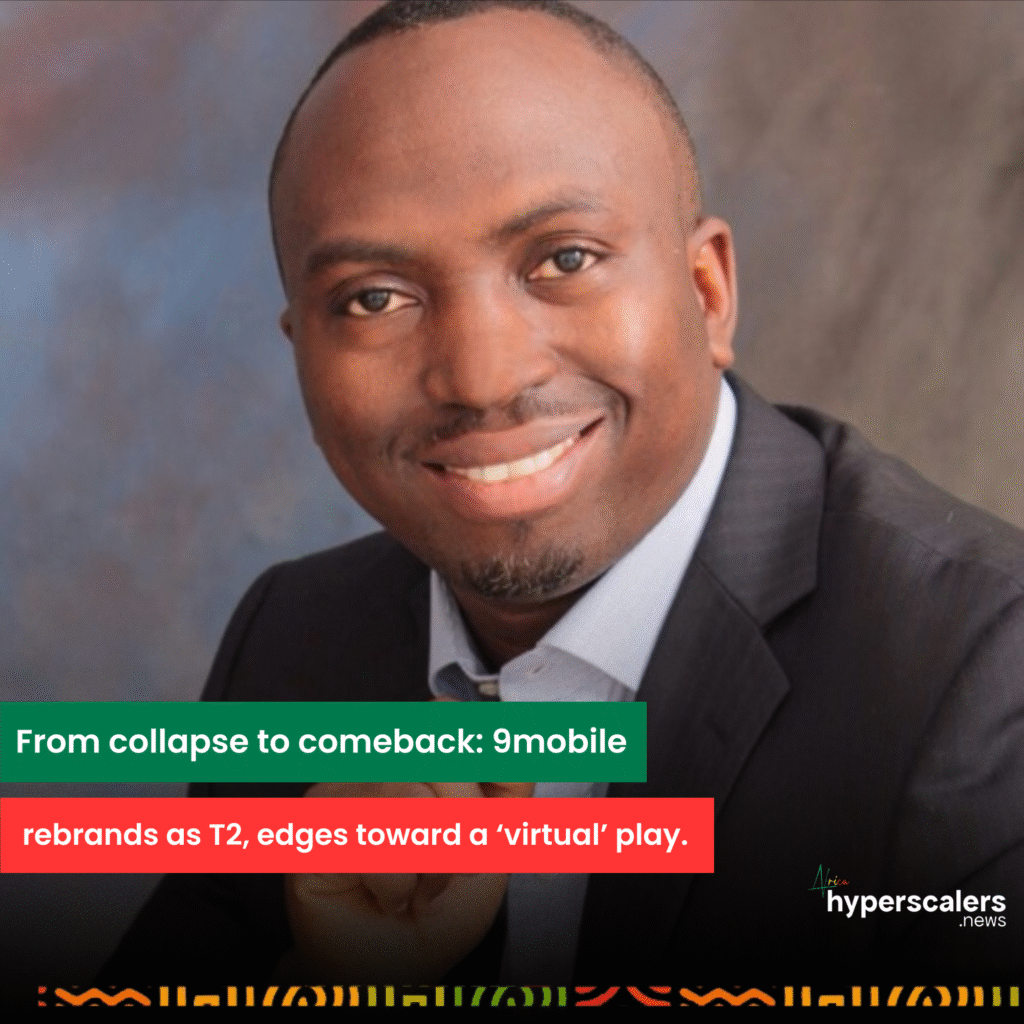
To be clear on terms: an MVNO provides mobile services without owning spectrum, riding on a host network under wholesale agreements. National roaming, by contrast, is an operator-to-operator coverage extension that can be time-limited under Nigerian rules. Nigeria’s MVNO framework has been expanding since 2023, but by definition, MVNOs do not hold spectrum. T2 historically holds spectrum and full MNO licenses, which is why analysts frame today’s setup as “MVNO-like” rather than a formal MVNO conversion.
There is a market opening if execution lands. Local carrier Globacom has shed about 3.2 million internet subscribers between December 2024 and May 2025, a shift that could loosen competitive share and give T2 room to win back users if coverage and experience improve.
What to watch next: whether roaming truly stabilizes quality, how fast customer sentiment turns, and if regulators treat this as a durable network-sharing model.
The NCC’s 2021 roaming guidelines allow for limited-duration agreements – typically up to three years – designed to expand coverage efficiently without blunting competition. T2’s deal with MTN Nigeria fits squarely within that framework. The open question is whether a capex-light, near-virtual operating model can achieve scale in a market that still prizes network depth and speed. If it succeeds, it could become a template for ‘MVNO-like’ growth in Nigeria.
Ready to dive deeper into the hyperscale revolution impacting Africa?
READ MORE HERE: www.africa.hyperscalers.news
Contact Us:
Email: projects@hyperscalers.news
Phone: +2348109003350
Follow us on Social Media: Instagram, Facebook, LinkedIn, x


